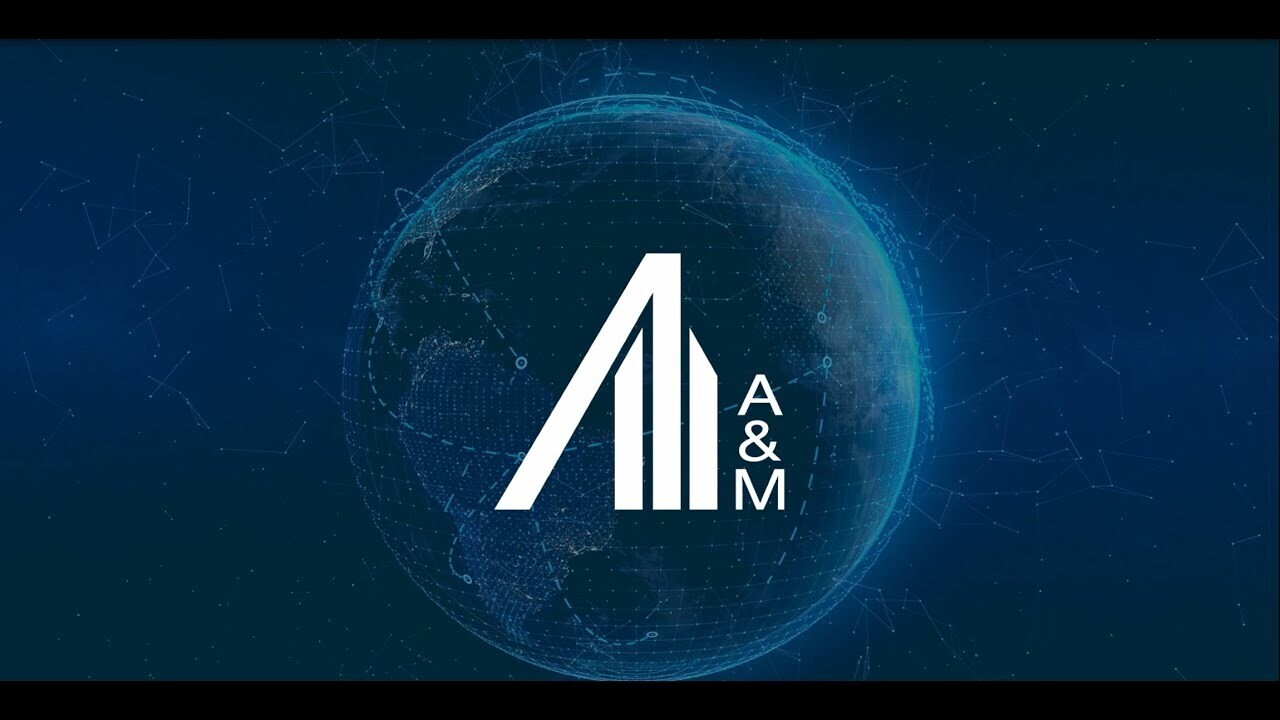您想继续阅读英文文章还
是切换到中文?
是切换到中文?

THINK ALUMINIUM THINK AL CIRCLE

Saudi Arabia’s mining sector is fast emerging as a cornerstone of the kingdom’s ambitious Vision 2030 transformation. With SAR 246 billion (USD 66.4 billion) in committed investments and untapped mineral wealth estimated at USD 2.5 trillion, the industry is poised to become the nation’s third economic pillar, complementing oil and petrochemicals. But to unlock its true potential and remain competitive on a global scale, the sector must go beyond expansion. It must embed cost discipline, operational transparency, and financial resilience at its core.

A new report from Alvarez & Marsal (A&M), Optimising Cost Control in the Industrial Sector, highlights how a culture of cost excellence could redefine the future of mining in Saudi Arabia. The report introduces a four-part strategy designed to strengthen financial foundations-
The kingdom has already laid the groundwork with licensing reforms and the establishment of the Saudi Geological Survey to attract investors. Exploration across bauxite, gold, phosphate, and rare earth elements is accelerating, while major downstream investments in smelting, refining, and processing aim to reduce import reliance and strengthen industrial self-sufficiency.
Also Read: Ma'aden nears complete control of Saudi aluminium operations
Mega-projects such as NEOM and the Red Sea Project are also driving heightened demand for locally sourced raw materials, making mining a catalyst for broader industrial growth.
“Saudi Arabia’s mining sector is now central to the kingdom’s economic transformation. Building on this momentum with embedded cost visibility and performance tracking will help operators to achieve global competitiveness and long-term value creation,” said Alexander Shvets, MD, Infrastructure & Capital Projects – Metals and Mining, Alvarez & Marsal Middle East.
The A&M report underscores a wider global shift as investors and partners now expect mining operations to demonstrate robust cost control, prioritise local sourcing, and embrace data-driven innovation. By aligning with these expectations, Saudi Arabia can position itself as a forward-looking, globally competitive mining hub, one that not only leverages its vast natural reserves but also champions transparency, innovation, and sustainable industrial development.
Renat Akimbitov, MD at A&M Middle East, added, “Control is not just a finance function – it’s an operational discipline. In mining, where complexity and capital intensity are high, real-time cost visibility and team capability are what turn strategy into measurable results.”
With Vision 2030 as its guiding blueprint, the kingdom’s mining journey is evolving from extraction to transformation. Cost discipline, once a behind-the-scenes exercise, is set to become a strategic enabler of resilience, growth, and long-term prosperity in the decades ahead.
For live market update from industry experts, watch our upcoming webinar
Responses








